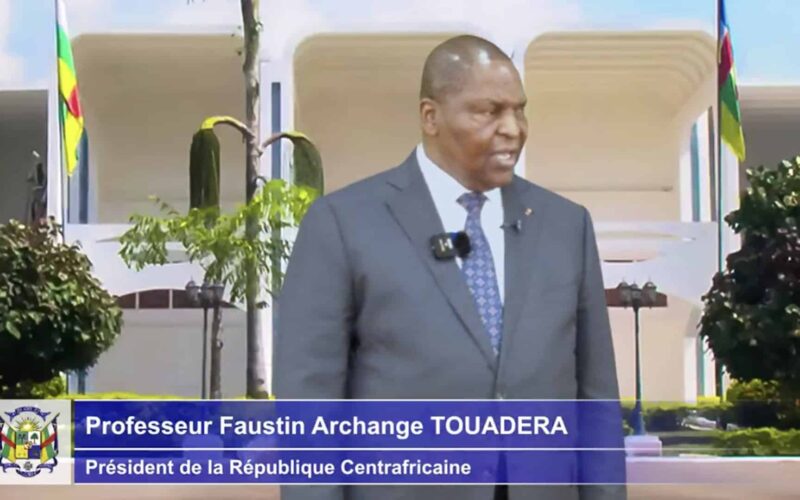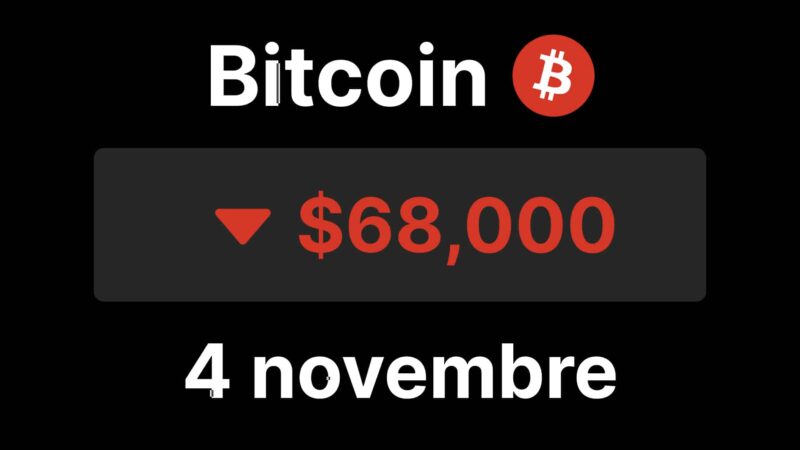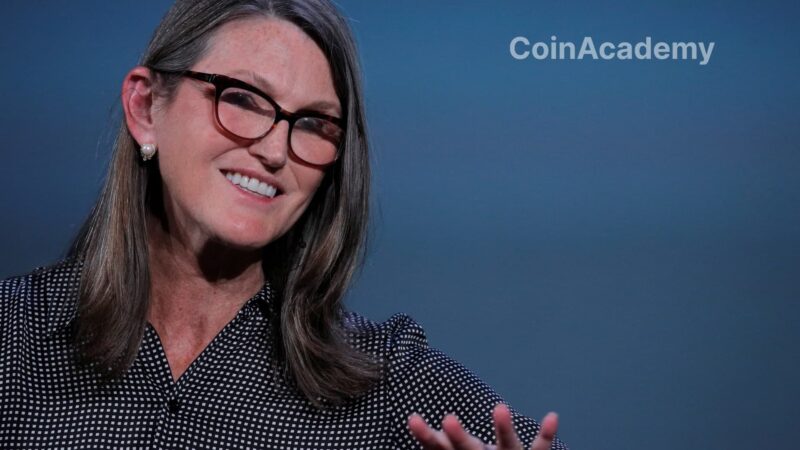Centrafrican President Launches Memecoin Project – $CAR – to Unite Population and Promote Blockchain
Centrafrican Republic President Faustin-Archange Touadéra has announced the launch of the memecoin project $CAR, which aims to unite the population and promote blockchain. However, the government has not confirmed its official involvement.
The $CAR was launched on pump.fun and quickly reached a market capitalization of $900 million. However, suspicions arose after the suspension of the project’s official account and doubts about the authenticity of the presidential video.
Accusations of fraud have emerged, with 80% of tokens being pre-mined, 70% still held by the creators, and over $15 million collected. The project’s website, registered via Namecheap, has been suspended, further reinforcing doubts about the legitimacy of the initiative.
A Memecoin from the Central African Republic? An Intriguing Presidential Announcement
The official account of the President of the Central African Republic, Faustin-Archange Touadéra, recently announced the launch of the memecoin $CAR on X (formerly Twitter). Presented as an experiment to demonstrate how a simple meme can unite people and support national development, this project aims to position the Central African Republic on the international stage through blockchain and cryptocurrencies.
However, many observers are questioning the legitimacy of this initiative. The Central African government has not yet officially confirmed its involvement, and there are troubling elements surrounding the memecoin’s launch.
A Rapidly Successful Solana Token
The $CAR was introduced through the pump.fun platform, a launchpad specializing in memecoins on Solana. It quickly reached a market capitalization of nearly $900 million, with a trading price of around $0.89.
A video, supposedly recorded by President Touadéra himself, accompanied this announcement. It highlights the power of communities in adopting new technologies and driving the country’s economic transformation. However, this communication was disrupted by a major incident: the X account dedicated to the project was suspended by the platform, casting doubt on the authenticity of the initiative.
Suspicions and Fraud Accusations
From the moment the memecoin was announced, several figures in the crypto community have raised strong criticisms. User X, Skynet Insights, has raised concerns about the alarming concentration of supply: 80% of tokens have been pre-mined, and the project’s creators have already collected over $15 million while retaining 70% of the total supply. This accusation fuels suspicions of a potential scam under the guise of a national project.
Other indicators strengthen these doubts. The official memecoin website was registered via Namecheap, a registrar known for its low-cost offers often exploited by fraudulent projects. Furthermore, the token was launched at 1 am local time, arousing further suspicions. In another twist, Namecheap has suspended the project’s website, adding another shadow to this case.
A Troubled Crypto Context in the Central African Republic
The Central African Republic is no stranger to cryptocurrency scandals. In 2022, under Touadéra’s leadership, the country became the second in the world, after El Salvador, to adopt Bitcoin as legal tender. This decision was part of a broader project to tokenize the nation’s mining resources through Sango Coin, a national cryptocurrency that aimed to facilitate foreign investments.
However, this ambition quickly encountered obstacles. In 2023, the Central African parliament ultimately repealed the law recognizing Bitcoin as legal tender, putting a halt to the country’s crypto ambitions. This U-turn raised doubts about the stability and viability of the government-backed blockchain initiatives.
Another Manipulation of Official Accounts?
The $CAR case occurs in a context where prominent individuals’ and institutions’ X accounts are regularly hijacked to promote cryptographic scams. The Nasdaq and former Malaysian Prime Minister Mahathir Mohamad have recently fallen victim to this type of hacking, fueling suspicion around the Central African project.
While the authenticity of the $CAR initiative remains to be confirmed, doubts are mounting, and caution is advised. Between dubious national ambitions and classic scams, this memecoin could well illustrate the pitfalls of a still largely speculative market susceptible to manipulation.




